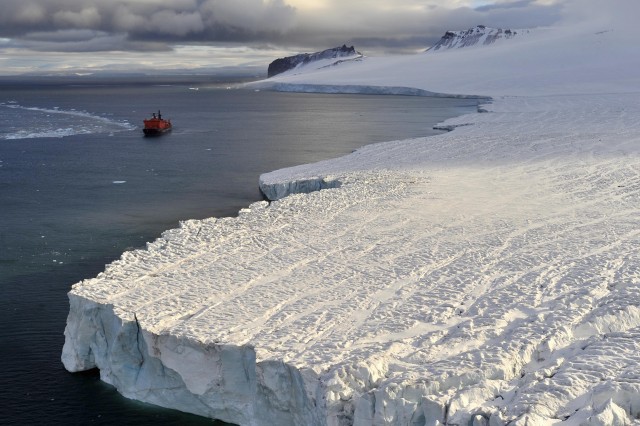
A historic agreement to prevent unregulated high seas fisheries in the Central Arctic Ocean came into effect on 26 June after being signed by several countries including Norway, Denmark, Iceland, and China three years ago.
According to media Mirage News, the announcement came from the Honourable Bernadette Jordan, Minister of Fisheries, Oceans, and the Canadian Coast Guard. The agreement is the first international agreement of this magnitude to be reached before allowing commercial fishing to take place in high seas areas and it was also signed by Canada, Russia, the United States, Japan, the Republic of Korea, and the European Union in respect of Greenland and the Faroe Islands back in 2018.
The Arctic’s fragile ecosystem has caught international interest as climate changes cause Arctic ice to melt at an alarming speed. The agreement is set in place for the next 16 years until parties have a greater scientific understanding of the area and its ecosystem and measures are in place to regulate commercial fisheries. After this period, the agreement can be extended for additional five-year periods, subject to the agreement of the Parties.
Particularly in developing the Agreement’s scientific research and monitoring program, the participation and inclusion of Arctic Indigenous Peoples and Northern communities, and the traditional knowledge they can contribute, is written into the agreement.
About the agreement, Minister Bernadette Jordan said, “This important agreement is about responsible ocean stewardship and is necessary to protect this rapidly changing area already impacted by climate change and the threat of illegal fishing. By working with other nations and drawing upon the traditional knowledge of the Arctic Indigenous Peoples, Canada is helping to protect the Arctic’s diverse and dynamic ecosystems for future generations.”
